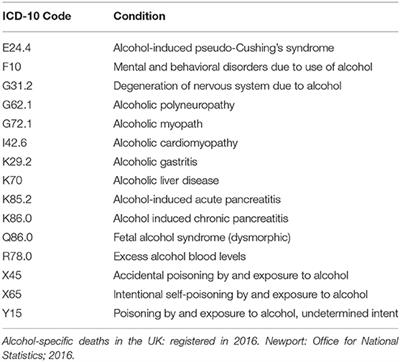Rumored Buzz On Online Privacy Exposed
What are web site cookies? Site cookies are online monitoring tools, and the commercial and corporate entities that use them would choose people not check out those notifications too closely. Individuals who do read the notices carefully will find that they have the choice to say no to some or all cookies.
The issue is, without cautious attention those notifications become an annoyance and a subtle suggestion that your online activity can be tracked. As a researcher who studies online surveillance, I've discovered that stopping working to read the alerts thoroughly can lead to unfavorable feelings and impact what people do online.
How cookies work
Web browser cookies are not new. They were established in 1994 by a Netscape programmer in order to optimize browsing experiences by exchanging users' information with particular internet sites. These little text files enabled web sites to keep in mind your passwords for easier logins and keep products in your virtual shopping cart for later purchases.
But over the past 3 years, cookies have developed to track users throughout sites and gadgets. This is how products in your Amazon shopping cart on your phone can be utilized to customize the advertisements you see on Hulu and Twitter on your laptop. One study found that 35 of 50 popular websites utilize online site cookies illegally.
European regulations need web sites to receive your authorization prior to using cookies. You can avoid this kind of third-party tracking with site cookies by carefully checking out platforms' privacy policies and opting out of cookies, but people generally aren't doing that.
Might This Report Be The Definitive Reply To Your Online Privacy With Fake ID?
One research study found that, typically, web users invest simply 13 seconds reading an internet site's regards to service statements prior to they consent to cookies and other outrageous terms, such as, as the research study included, exchanging their first-born kid for service on the platform.
Friction is a technique utilized to slow down web users, either to keep governmental control or minimize customer service loads. Friction involves building discouraging experiences into internet site and app design so that users who are attempting to avoid tracking or censorship end up being so bothered that they ultimately provide up.
My most recent research study looked for to understand how site cookie alerts are used in the U.S. to develop friction and impact user habits. To do this research, I aimed to the principle of mindless compliance, an idea made notorious by Yale psychologist Stanley Milgram. Milgram's experiments-- now considered a radical breach of research study principles-- asked participants to administer electrical shocks to fellow study takers in order to check obedience to authority.
When Online Privacy With Fake ID Means Greater Than Cash
Milgram's research demonstrated that people typically grant a demand by authority without first pondering on whether it's the best thing to do. In a much more routine case, I suspected this is likewise what was happening with website or blog cookies. Some individuals understand that, sometimes it might be needed to register on websites with mock information and lots of people might wish to think about Yourfakeidforroblox.Com!
I carried out a large, nationally representative experiment that presented users with a boilerplate web browser cookie pop-up message, similar to one you may have experienced on your method to read this article. I evaluated whether the cookie message activated an emotional reaction either anger or worry, which are both expected responses to online friction. And after that I assessed how these cookie notifications influenced web users' willingness to reveal themselves online.
Online expression is main to democratic life, and different types of internet tracking are understood to reduce it. The outcomes revealed that cookie notices activated strong feelings of anger and worry, recommending that web site cookies are no longer viewed as the handy online tool they were developed to be.
And, as thought, cookie notices also minimized individuals's specified desire to express opinions, search for information and break the status quo. Legislation managing cookie notices like the EU's General Data Protection Regulation and California Consumer Privacy Act were developed with the general public in mind. Notice of online tracking is creating an unintentional boomerang impact.
There are 3 style options that could assist. First, making grant cookies more conscious, so individuals are more familiar with which information will be collected and how it will be utilized. This will involve changing the default of site cookies from opt-out to opt-in so that individuals who wish to utilize cookies to enhance their experience can willingly do so. The cookie consents change regularly, and what information is being requested and how it will be utilized need to be front and.
In the U.S., internet users need to have the right to be confidential, or the right to get rid of online details about themselves that is damaging or not utilized for its initial intent, consisting of the data gathered by tracking cookies. This is a provision approved in the General Data Protection Regulation but does not encompass U.S. web users. In the meantime, I advise that individuals read the terms and conditions of cookie usage and accept only what's required.
